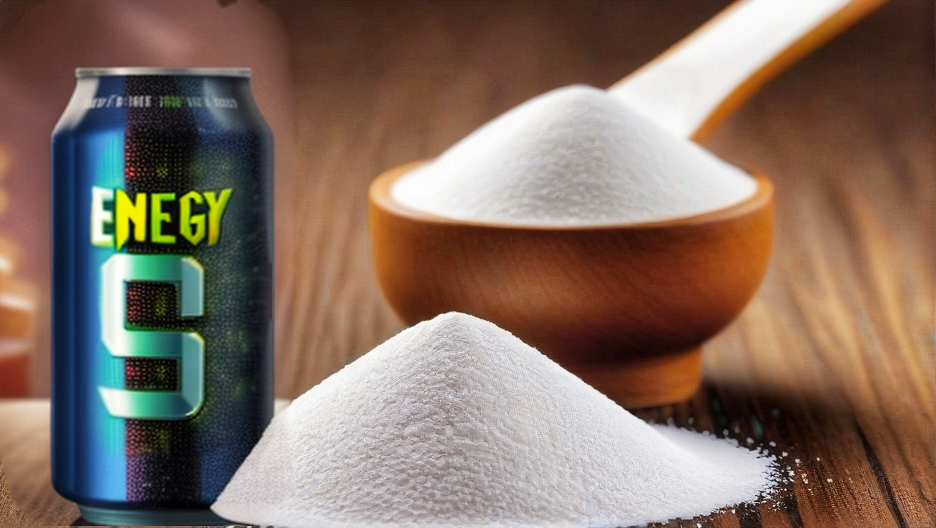
...
With the known inherent dangers of inorganic sugar, and many consumers' growing reluctance to overlook them, manufacturers of processed foods and beverages have turned to an alternative that retains sugar's sweetness. This substitute is maltodextrin!
Maltodextrin is a food additive that is commonly used to improve the texture, consistency, and taste of processed foods such as sweeteners, baked goods, yogurt, beer, nutrition bars, supplements, cereals, shakes, low-fat products, condiments, sauces, dressings, chips, fillings, and snacks. It can also be found in protein powder, baked goods, frozen desserts, puddings, cake fillings, soups, and sports beverages. It is also used as a lactose substitute, texture enhancer, bulking agent, and sugar substitute in medical, baby, and hospital foods, as well as sports supplements.
What is Maltodextrin?
Maltodextrin is a common food additive found in processed foods, often used as a thickener or to extend shelf life. While it has some functional benefits, its effect on health and lack of nutritional value are serious concerns.
The Pros:
- Energy Source: Because it provides a rapid release of energy, it is commonly used in sports drinks and supplements.
- Texture Enhancer: Maltodextrin improves the texture and mouthfeel of products such as salad dressing and sauce.
- Cost-effective: As a low-cost additive, it can bulk up products while lowering production costs.
The Cons:
- Blood Sugar Impact: Because maltodextrin has a high glycemic index, it can cause blood sugar levels to spike, posing a risk to people with diabetes or insulin resistance.
- Nutritional value: It is a simple carbohydrate that contains no vitamins, minerals, or other nutrients.
- Digestive Issues: Some people may experience bloating, gas, or allergic reactions.
Healthier Alternatives:
- Stevia: A naturally occurring, calorie-free sweetener derived from the stevia plant.
- Honey: While still a sugar, it is natural and contains trace nutrients.
- Pectin: Found in fruits, it's a gelling agent rich in fiber.
Impacts on Health:
- Short-term: Maltodextrin can cause an immediate rise in blood glucose levels.
- Long-term: Regular consumption may increase your risk of developing type 2 diabetes, gaining weight, or having high cholesterol.
Campaigns and Deceptions:
- Sugar-Free Deception: Products labeled as "sugar-free" may still contain maltodextrin, which has the same effect on blood sugar as sugar.
- Labeling Issues: Maltodextrin is frequently left out of the "sugars" count on nutrition labels, which causes confusion.
Long-Term Effects:
Consuming large amounts of maltodextrin on a regular basis may cause long-term health problems such as metabolic disorders and gut bacteria imbalances, potentially contributing to obesity and diabetes.
In conclusion, while maltodextrin serves functional purposes in food production, its effects on health, particularly blood sugar levels, and lack of nutritional value are major concerns. To avoid the pitfalls of deceptive marketing practices, consumers looking for healthier options should consider natural sweeteners and read labels carefully. For personalized nutritional advice, always consult with a healthcare provider.

Add new comment